Art World: “Panic. Absolute Bloody Panic”
Can the art world clean up its act? In the secretive art market, new anti-money laundering legislation has landed like a bomb.
Jan Dalley reports: A senior gallerist is describing the first reaction of fellow members of the Society of London Art Dealers to new regulations to combat money laundering in the art market. I’m hardly surprised: even after 15 years of covering the art world as a journalist, I’m often amazed by its peculiar codes and customs, still substantially based on relationships, private agreements and trust.
But this old-school way of doing things, which provides a climate ripe for exploitation by the unscrupulous, is under challenge from the modern world. There has long been concern over the ease with which suspect funds can be laundered through the buying and selling of art. Now, at last, we are seeing a concerted attempt to get to grips with the issue, which — even if welcomed by most — has sparked resentment and wariness. This almost unregulated sector doesn’t take easily or kindly to attempts to legislate it. What we do not know is whether the EU initiative — the fifth Anti-Money Laundering Directive, which spread the net to include luxury goods, property and the art market, and which became law in the UK in January — will prove equal to a problem some have considered intractable.
The art trade seems almost ridiculously tailor-made for money laundering — because of the value of some pieces, because they are usually easily portable, and most of all because of the cult of secrecy that holds sway in the sector. There’s nothing inherently wrong with secretiveness; there can be valid and innocent reasons for it. But there’s clearly room for subterfuge. At least 50 per cent of all art transactions are entirely private and handshake deals are still common; even in the auction houses, which appear to be so public-facing, the price may be disclosed but the identities of both buyer and seller are often guarded to the grave.
Perhaps most significantly of all, there is no registration of ownership of artworks, as there is with shares or property — we don’t know for certain where even some of the most famous pictures are held, or who in fact owns them. Take Van Gogh’s “Sunflowers”, one version of which sold in 1987 for a then spectacular $39.9m to a Japanese buyer (or possibly his company): does anyone know where it is now? …..FT.com
Financial Times: @FT


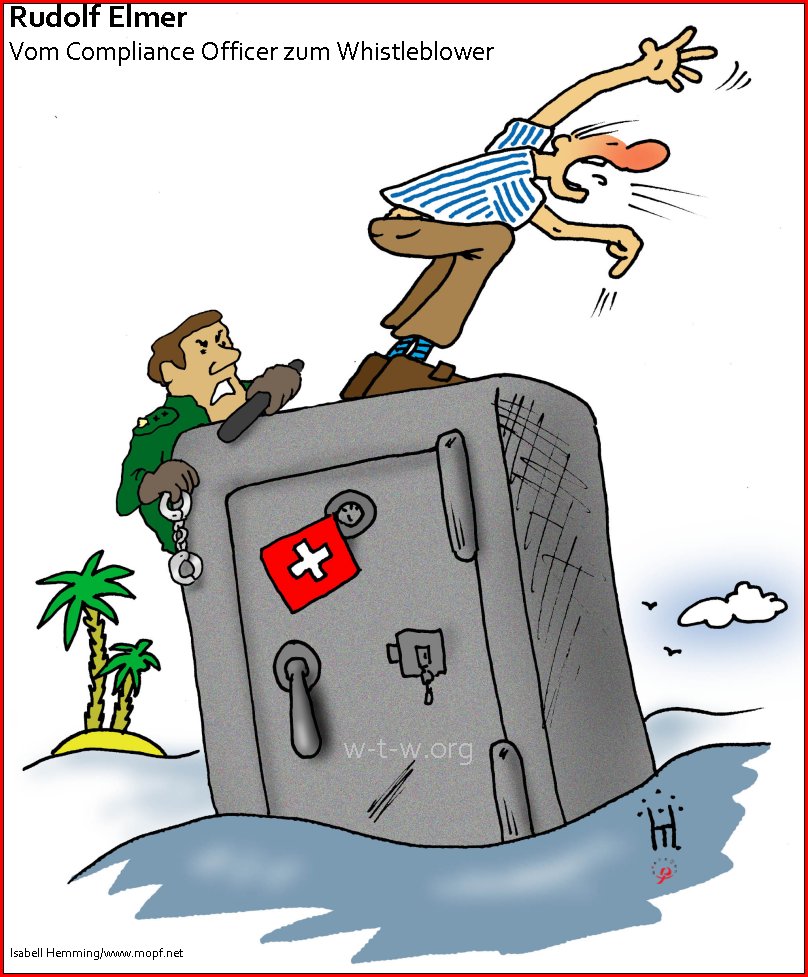
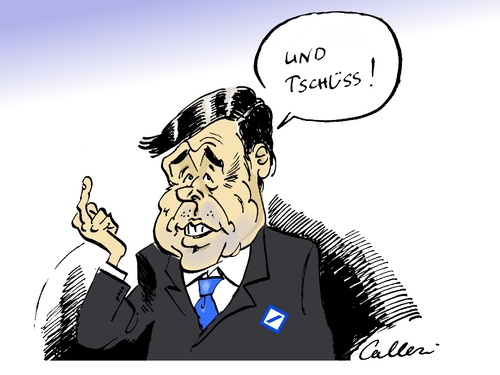


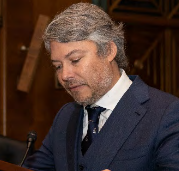
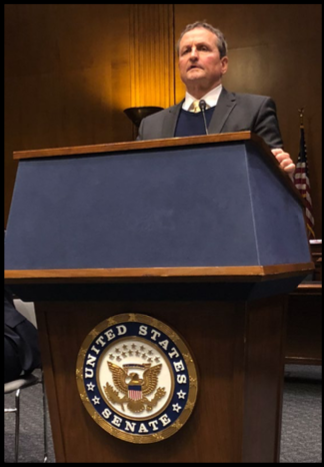
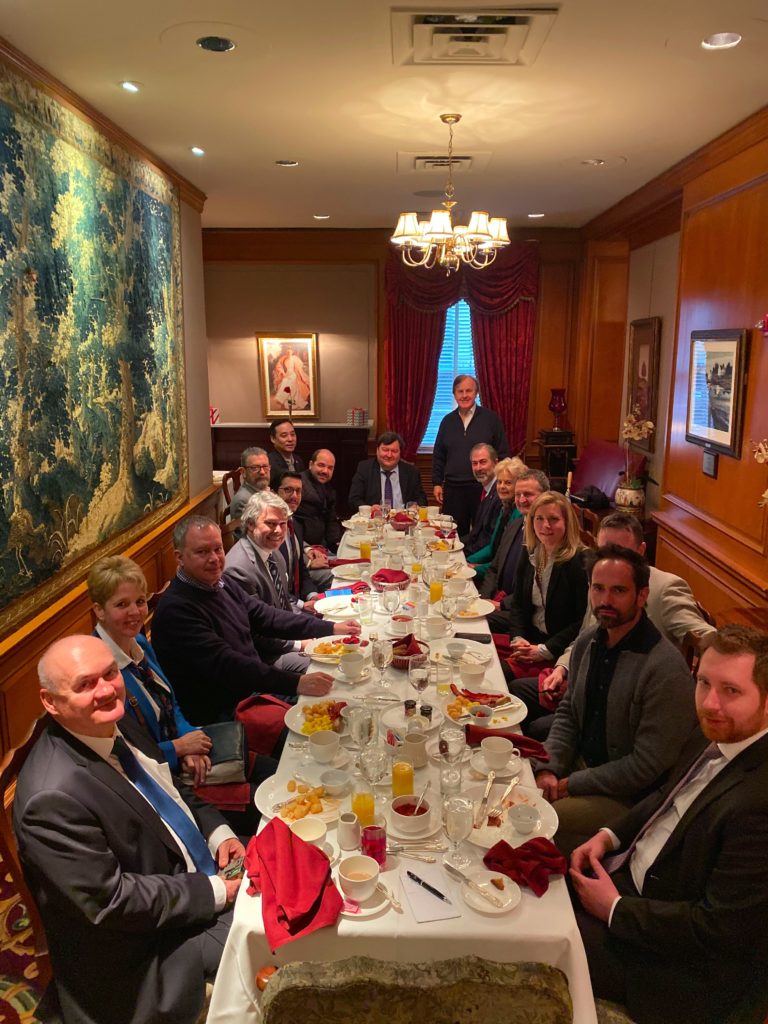
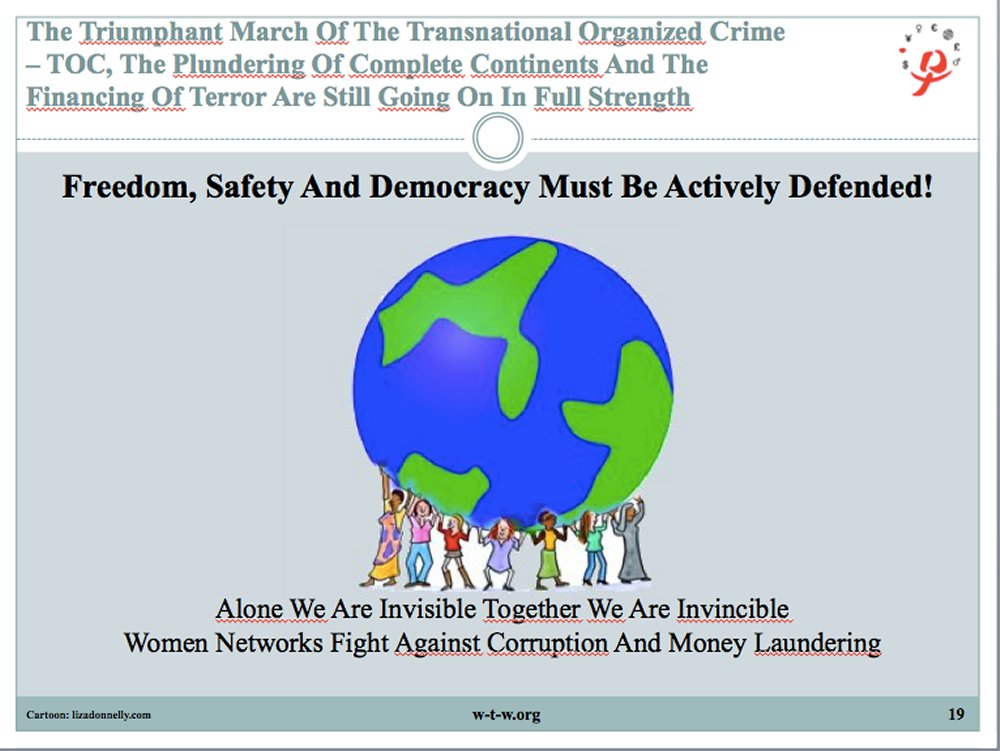



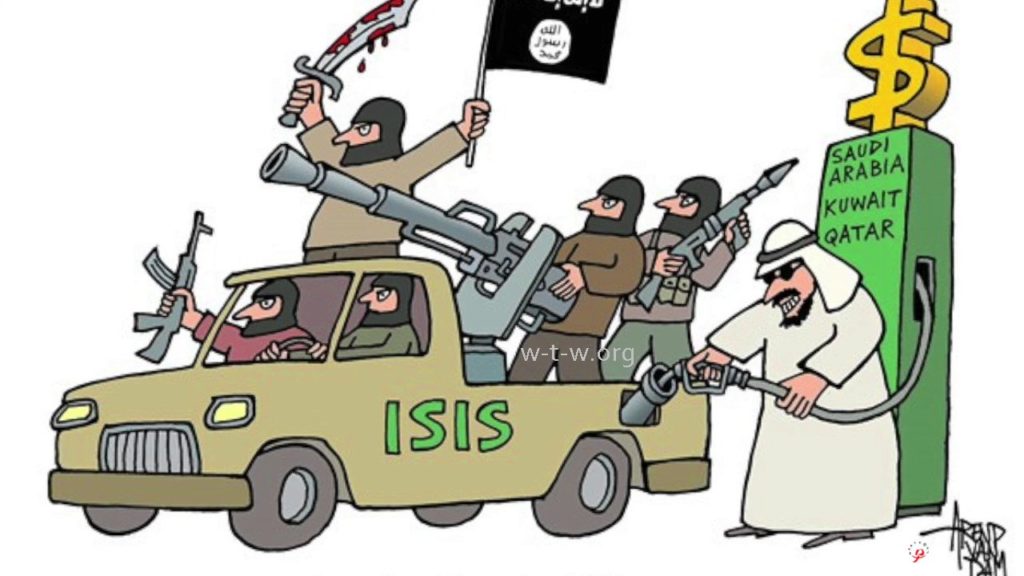
 For Sindika Dokolo and Isabel dos Santos,
For Sindika Dokolo and Isabel dos Santos,
 unknown who had just days to prove whether he would break with Muscat’s legacy, or seek to defend it.
unknown who had just days to prove whether he would break with Muscat’s legacy, or seek to defend it.